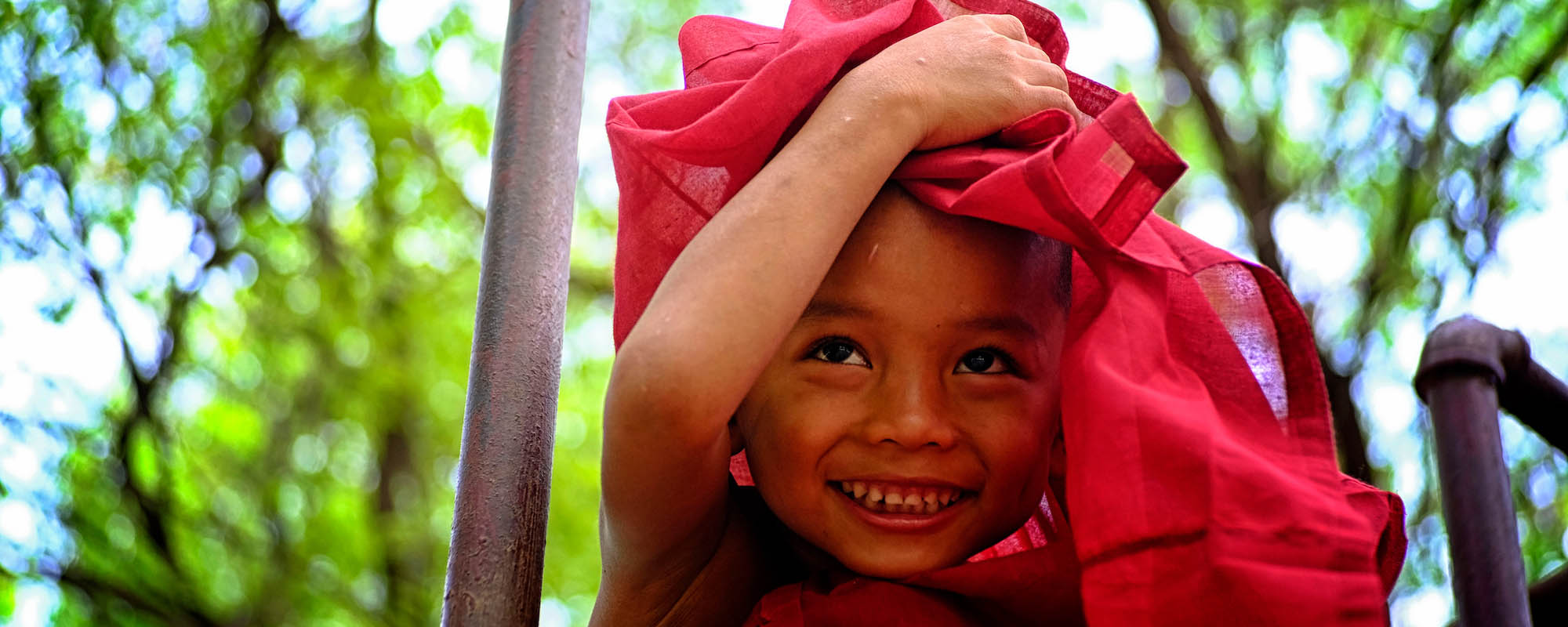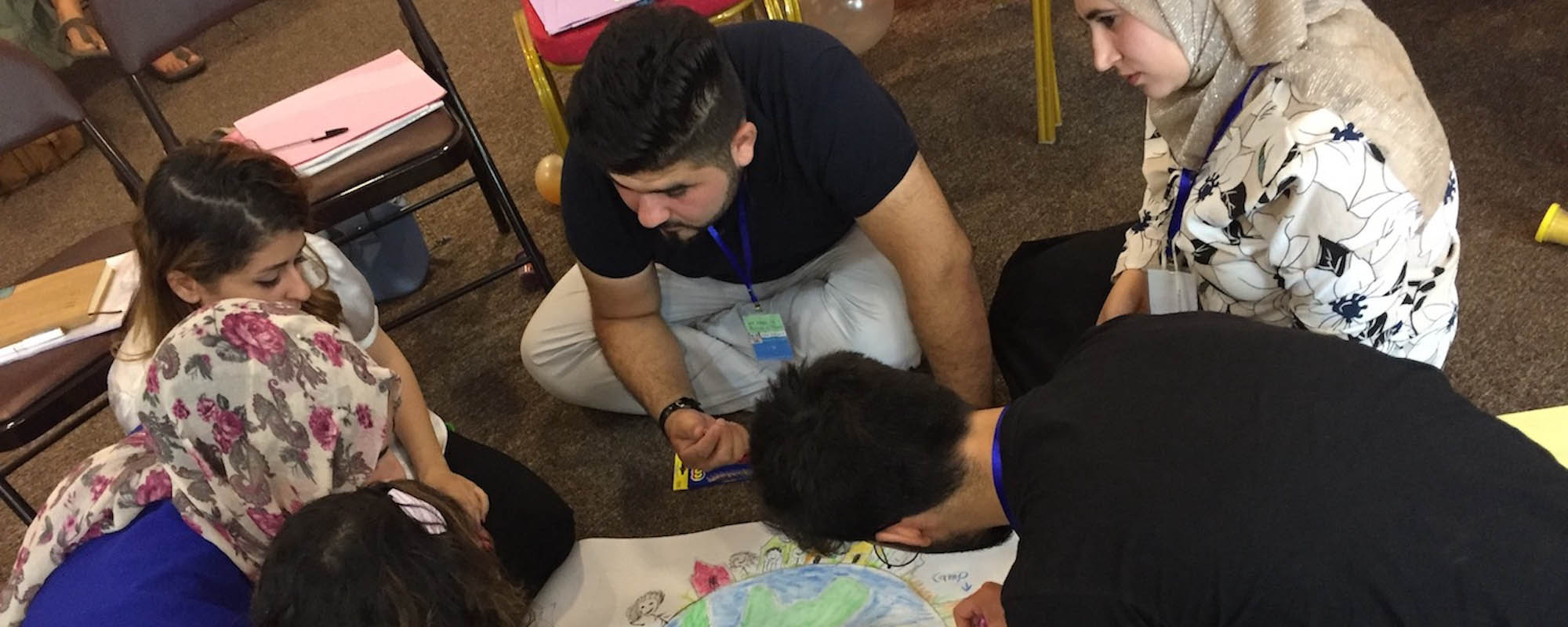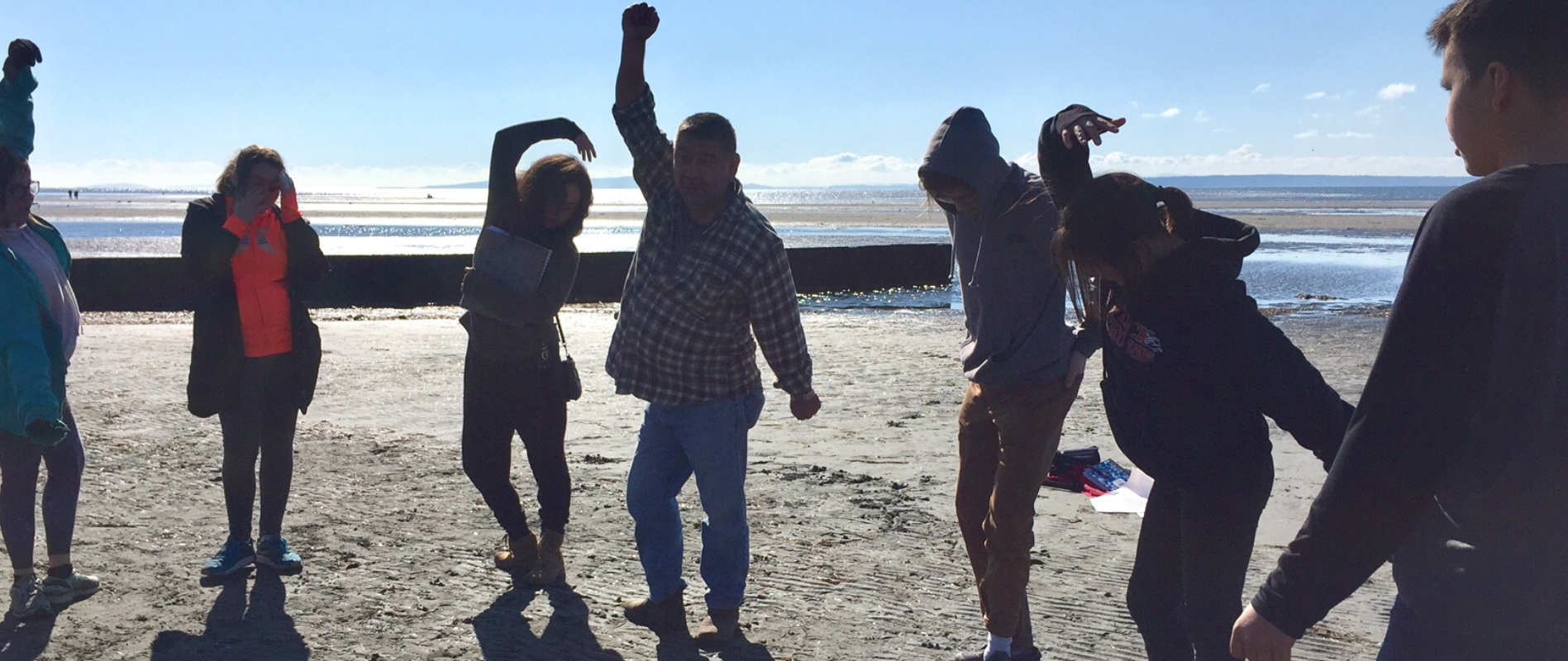In the spring of 2016, we caught up with Associate Dr. Natasha Blanchet-Cohen in Victoria to reflect on how she has been involved in, influenced by and how she would like to invest in the International Institute for Child Rights and Development.
How did you connect with IICRD?
In 1996, I was a Master’s student studying in Venezuela at the time. I travelled to Victoria to attend a conference on Indigenous Children’s Rights, organized by Philip Cook and Bill White. I asked if they had some work for me. Little did I know, I would be part of creating what is now the International Institute for Child Rights and Development. This put me on a certain path.
What is keeping you busy?
After 13 years of working with IICRD, I decided to transfer my skills to Montreal to become a Professor at Concordia University where I teach community youth development. I have really continued to build the capacities of community through focusing on culture, children and environment, and child-friendly cities.
As an Associate, I have been part of several projects including the Protecting Early Childhood from Violence in Colombia project, Child-centred Accountability and Protection Evaluation, and UNICEF’s peacekeeping project in Chad-Burundi – to name a few.
How has your work been influenced by IICRD?
When I was involved in YouthScape, I became interested in the practice of developmental evaluation (DE). This really was the grounding for DE in Canada. I learned a lot and continue to develop these skills with the City of Montreal, J.W. McConnell Family Foundation and many other community organizations.
Through my work with IICRD, I learned that teamwork and collaboration are essential to thinking through complex projects. Promoting a holistic view on children’s rights is about capacity building, applied research and networking. For these approaches to work, we need to build relationships locally, nationally and internationally – IICRD does this really well.
How do you want to contribute to IICRD in the years to come?
I would like to continue to be part of the broader community to exchange ideas on IICRD directions including identifying opportunities for IICRD. We have a unique role – and proven track record for building bridges across sectors, regions and generations.







